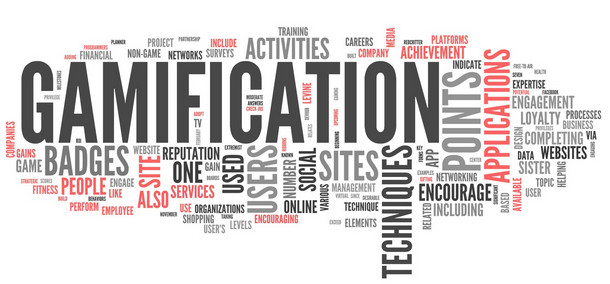Game mechanics – also known as game dynamics - is loosely defined as any game-play activity incorporated into the user experience of a website for the purposes of driving traffic, enriching engagement, influencing consumer behavior, and deriving fun from online activities such as shopping or sharing personal information. Not unlike popular online games themselves, (World of Warcraft, Farmville, and the Sims come to mind), game mechanics seek to engross participants and distract them from stresses of everyday life.
Applying these dynamics online has emerged due in part to the psychology powering the popularity of social networking - a shared experience where users find it fun and easy to ask questions of advisors and consult friends for key decisions. By making a game out of activities such as purchasing, registering, subscribing, and sharing information, users can feel as though they have “won” or have achieved something special – status recognition, discounts, or even small prizes. For consumers, this is surely preferable to feeling the pangs of having compromised themselves in some small way by conducting an online transaction.
Web merchants and marketers have realized that successfully incorporating a game into their web presence can cause users to visit their site more often, stay longer, refer others, and complete a transaction with lower chances of feeling buyer’s remorse. In a recent article written for Business Week (“Welcome to the Decade of Games”) Harvard Business Review indicated that simple game dynamics can increase traffic to web locations by 4 times in a matter of days, and the average amount of engaged time consumers spend at a business increases by upwards of 40%.
There are several examples of game mechanics in successful online business models. On E-Bay, you don’t just make a purchase - you seek out what you want, make your bid, and win the auction. E-bay also rates users, so there is pride and benefit to being a good “player.” With Foursquare, the game mechanics of “checking in” at locations and achieving certain titles makes it fun; you forget that you are actually revealing your shopping preferences, brand loyalties and buying habits. Groupon has taken an age old promotional tool – coupons – and made it fun where you rush to check out the daily deal (complete with witty, lighthearted copy), then cheer on your virtual shopping “teammates” to reach the purchase threshold and activate the offer. Established brands have even taken to the web and social networks to turn traditional branding initiatives into games – Pepsi’s recent “Refresh Project” challenged participants to submit ideas online to “refresh the world” and garner support via social networks. Pepsi provided funding to execute the most widely supported projects, earning them hugely positive brand associations, deep customer engagement, and a great PR story.
Game mechanics is a fascinating concept, and I believe it will continue to evolve over the coming years with the growth of social networking and creative online activities. Creative marketers will also push the envelope of game mechanics in their quest to gain the attention of media-bombarded web users. If you are running an online business it is a good idea to research game mechanics – get visitors to your site and let them have some fun! They will be relaxed, excited, more engaged, and ultimately more willing to do business with you.

 RSS Feed
RSS Feed
